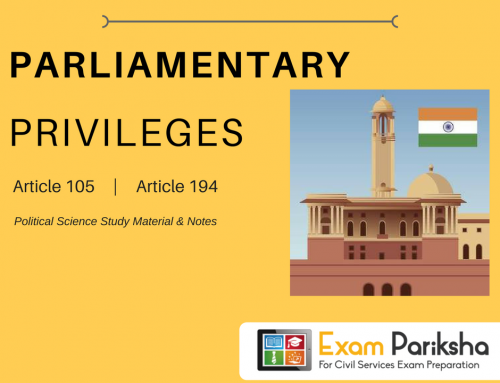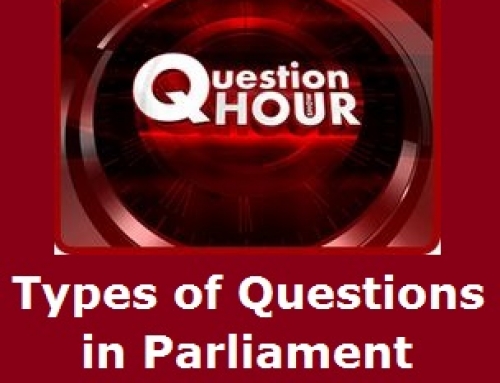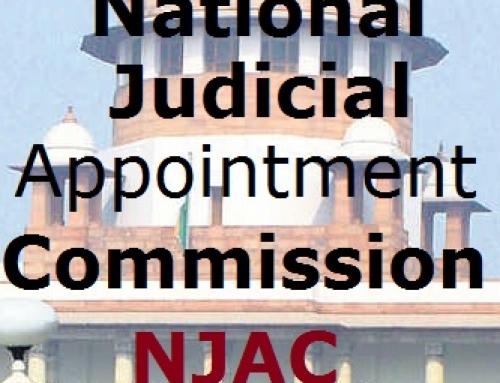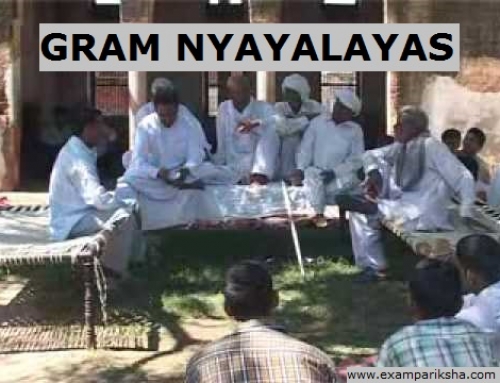Questions regarding Basic Structure of constitution feature as a fixture in all General Awareness papers, especially UPSC exams like SSC, IAS, civil services, etc. these are also a staple in all the state PSC conducted exams. Here we are providing a brief material for quick revision as well as reference for benefit of fellow aspirants. These points will serve well for the Essay papers also.
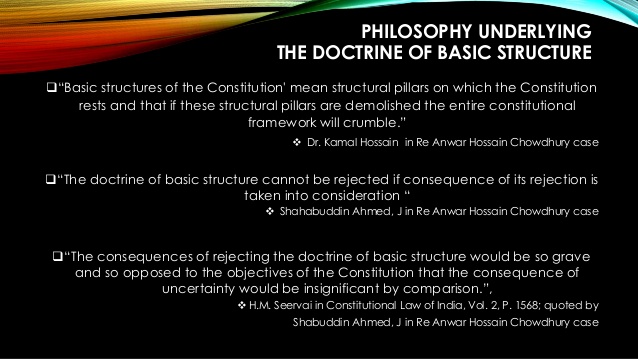
The basic structure doctrine is not mentioned in the constitution, yet it has been developed over the years.
There are three critical milestones in Indian constitution’s path to achieve the basic structure doctrine:
1. In the case of Sajjan Singh in 1965 , SC for the first time used the phrase `basic feature’ of the Constitution to argue that there are certain features of the Constitution that cannot be amended by the Parliament through its amending powers under Art. 368 of the Constitution.
2. Supreme Court in Golak Nath’s case (1967 ) opined that no limitations can be and should be implied upon the power of amendment under Art. 368 but held that Fundamental Rights cannot be taken away by an amendment.
3. In Kesavananda’s judgment (1973) where the Supreme Court deliberated that emerges out of it is that the amending power of the constitution cannot be used to interfere with the basic structure of the Indian constitution.
The following listed provisions are widely accepted constituent of ‘basic’ structure of the constitution:
- Supremacy of the Constitution
- Rule of law
- The principle of Separation of Powers
- The objectives specified in the Preamble to the Constitution
- Judicial Review
- Articles 32 and 226
- Federalism
- Secularism
- The Sovereign, Democratic, Republican structure
- Freedom and dignity of the individual
- Unity and integrity of the Nation
- The principle of equality, not every feature of equality, but the quintessence of equal justice;
- The “essence” of other Fundamental Rights in Part III
- The concept of social and economic justice — to build a Welfare State: Part IV in toto
- The balance between Fundamental Rights and Directive Principles
- The Parliamentary system of government
- The principle of free and fair elections
- Limitations upon the amending power conferred by Article 368
- Independence of the Judiciary
- Effective access to justice
- Powers of the Supreme Court under Articles 32, 136, 141, 142
- Legislation seeking to nullify the awards made in exercise of the judicial power of the State by Arbitration Tribunals constituted under an Act.
These provisions are given by the interpreter of the constitution, the Supreme Court.


